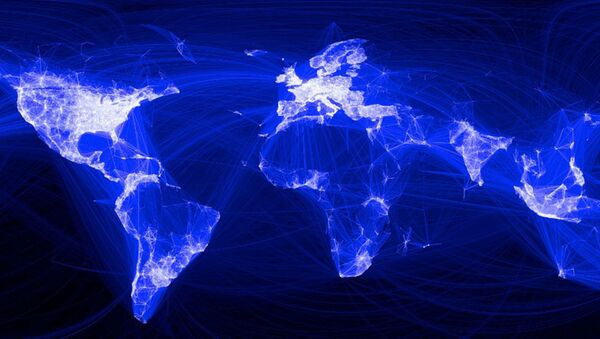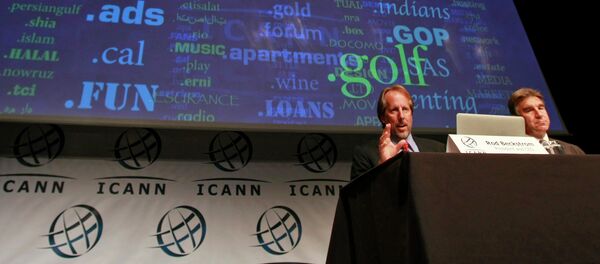The Internet Corporation for Assigned Names and Numbers (ICANN) is used to coordinate internet domain names across the globe. While it is currently overseen by the US Department of Commerce, Washington has vowed to cede control of ICANN to an independent global oversight committee, and the transition will take effect on October 1.
Republican lawmakers have consistently opposed the plan, however. As the end of September draws closer, the GOP is making a last ditch effort to keep ICANN under America’s authority.
"If the Obama Administration hands control of the Internet over to this international organization, it’s not like the next president can magically snap his or her fingers and bring it back," said Texas Senator Ted Cruz, according to the Washington Examiner.
"Unscrambling those eggs may well not be possible."
Cruz and Wisconsin Representative Sean Duffy introduced the Protecting Internet Freedom Act, a rider to a spending bill that must be passed by Congress by September 30.
"There is a broad range of important questions on both law and policy that remain outstanding with respect to the proposed transfer," reads a letter signed by multiple Republican lawmakers and addressed to US Attorney General Loretta Lynch and Commerce Secretary Penny Pritzker.
Despite the outcry from Congressional Republicans, the transition has support from a variety of sectors, including tech giants.
"A global, interoperable and stable internet is essential for our economic and national security, and we remain committed to completing the nearly twenty year transition to the multi stakeholder model that will best serve US interests," reads a letter to the US Congress sent earlier this month, signed by Google, Facebook, Twitter, Amazon, Yahoo, and Cloudflare.
"The internet is defined by its inclusiveness and openness. Those critical characteristics are reflected in the work that…went into the drafting of the transition."
Fahi Chehade, the current head of ICANN, has also voiced support for the move.
"I feel the proposal will lead us to a global, independent, neutral, well-governed organization," he said last year.
"I’m never comfortable, but I am optimistic and I believe that all interests are now aligned…Everybody sees that this makes sense."




